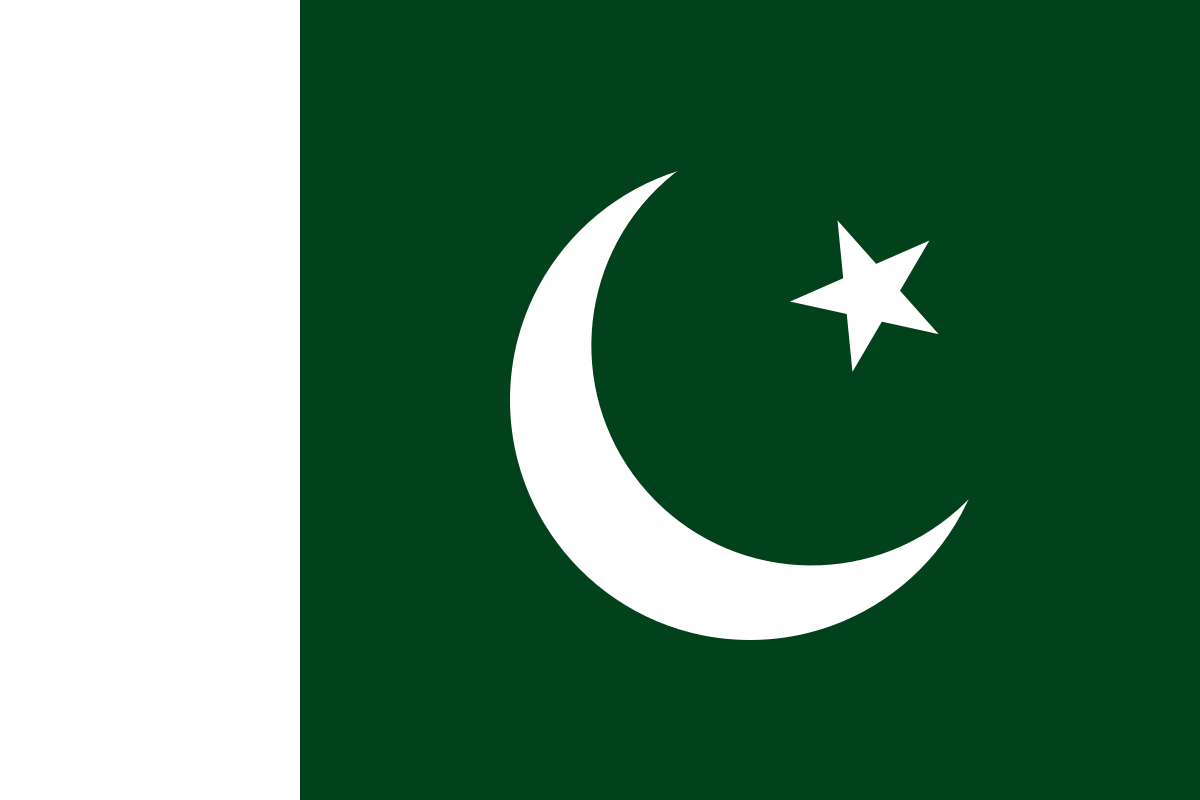With the Pakistan economy in free fall, the shortage of basic items such as food, medicine and fuel and the subsequent high inflation has led to extreme hardships for a large section of the Pakistani population.
The extreme shortage of necessary items due to the Pakistan economic crisis and the easy availability of sophisticated weapons has led to a sharp rise in violent crimes.
Pakistan economic crisis worse than Sri Lanka
It is being feared in several quarters that the Pakistan economic crisis may become worse than the financial crisis which had befallen Sri Lanka last year.
While foreign aid had prevented Pakistan from suffering an economic crisis in the past, the current situation is different as the International Monetary Fund (IMF) imposing a host of tough conditions before considering a financial bailout.
Even China Saudi Arabia have been cagey about giving more loans to Pakistan which has ensured that the average Pakistani is struggling to keep food on the table.
Pakistan economic crisis fuels rising crime
The economic crisis coupled with the devastating floods of 2022 have increased extreme poverty in Pakistan which in turn has fuelled a rise in violent crimes.
The Sindh Police had informed the Senate Standing Committee late last year about an “alarming increase” in street crime in Karachi.
Sharing data about the law and order situation in Karachi, the Sindh Police had said that 42,669 crime incidents were reported in 2011, 39,694 in 2015, 61,244 in 2020 and 84,045 in 2021.
Apart from this, Karachi had witnessed 385 murders in 2018 which had risen to 393 in 2021, while 369 alleged killers were arrested till August 31, 2022.
In 2018, 2,211 vehicles were snatched, 26,846 vehicles were stolen, and 15,678 mobile phones were snatched, the Pakistani media quoted police officials as saying.
In 2021, 4,783 vehicles were snatched, 49,608 vehicles were stolen, and 25,000 mobile phones were snatched, Geo News reported.
IMF imposes tough conditions on Pakistan
The IMF has been negotiating with the Pakistan government since early February in order to clear its ninth review. If the review is approved by the IMF board, the global financial institution will release $1.1 billion for Pakistan, which is part of a $6.5 billion bailout agreement. This IMF bailout will end at the close of the current financial year, which concludes on June 30.
The already crisis-hit Pakistan economy is in for more problems as the International Monetary Fund (IMF) has imposed yet another condition for a crucial financial bailout.
News agency Reuters quoted the IMF’s resident representative as saying that the global financial body has told the Pakistan to give an assurance that its balance of payments deficit is fully financed for the financial year ending in June.
According to the IMF, this condition must be fulfilled if Pakistan is to restart the stalled IMF programme and unlock the next tranche of much-needed funding.
The potential financial bailout by the IMF is critical for the Pakistan economy, which is battling a crisis over balance of payments. In recent days, foreign exchange reserves in the State Bank of Pakistan have dropped to a critically low level which is just enough to cover four weeks of imports.
The critically low foreign exchange reserves have forced the Pakistan government to suspend most imports except essential items such as food and medicines.

